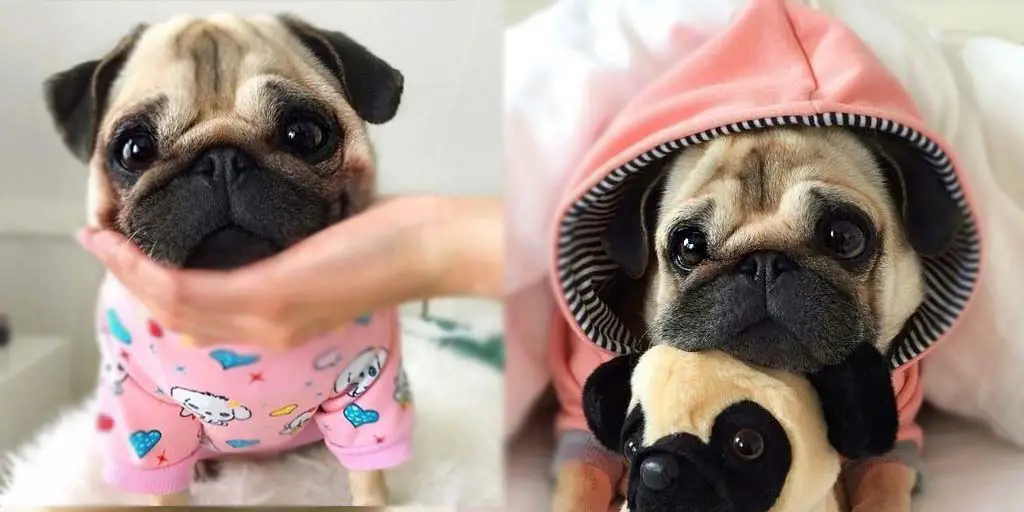While there may not be a specific scientific study that explicitly states that pugs view their humans as their parents, scientific research has explored the strong bond between dogs and humans. Pugs, being social and affectionate dogs, are likely to form close relationships with their human caregivers that share similarities with parent-child dynamics.
- Attachment Theory: Studies in attachment theory suggest that dogs, including pugs, can form secure attachments to their human caregivers. This attachment often involves seeking proximity, comfort, and a sense of security from their humans, which parallels the parent-child bond.
- Oxytocin Release: Interactions between dogs and humans have been shown to increase oxytocin levels in both species. Oxytocin is associated with bonding and social attachment and is often referred to as the “love hormone.” This hormonal response suggests a deep emotional connection between pugs and their human companions.
- Social Referencing: Pugs, like many other dogs, engage in social referencing, where they look to their human caregivers for guidance in unfamiliar or uncertain situations. This behavior is similar to how children might look to their parents for reassurance and cues on how to navigate the world.
- Cognitive Abilities: Research indicates that dogs, including pugs, possess cognitive abilities that allow them to understand human emotions, intentions, and gestures. This understanding contributes to the development of a strong and communicative bond between dogs and their human “parents.”
- Parental Care Instinct: While pugs may not be parents in the biological sense, they often exhibit caregiving behaviors, such as protecting their humans, providing comfort, and forming a strong emotional connection. This behavior reflects the sense of family and attachment that is characteristic of parent-child relationships.
While the terminology may not directly translate to “parents” in the way it does for humans, the scientific evidence supports the idea that pugs form profound and emotionally rich bonds with their human caregivers. These bonds often mirror the characteristics of parent-child relationships, emphasizing the mutual affection, trust, and companionship that develop between pugs and their human “parents.”


Leave a Comment